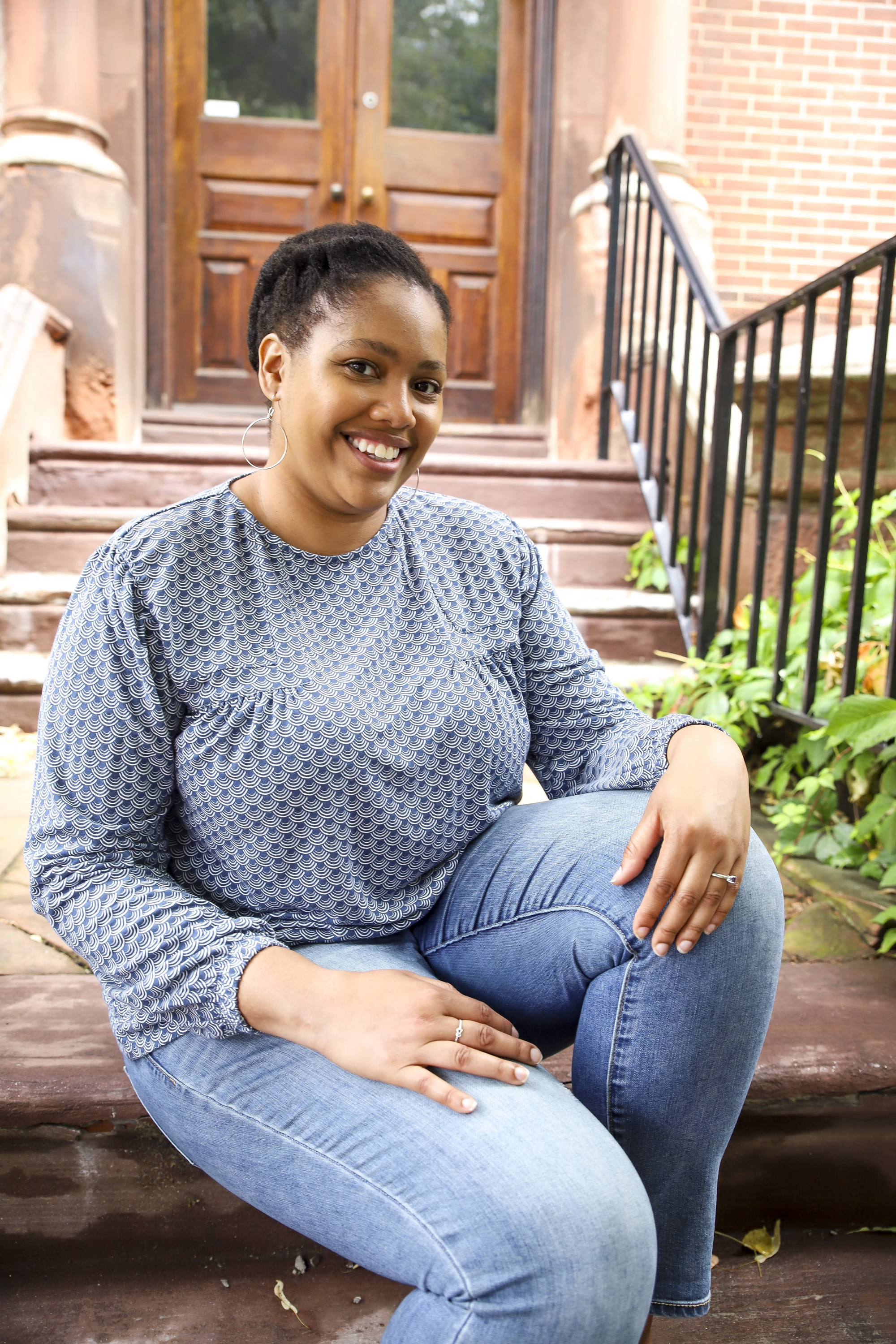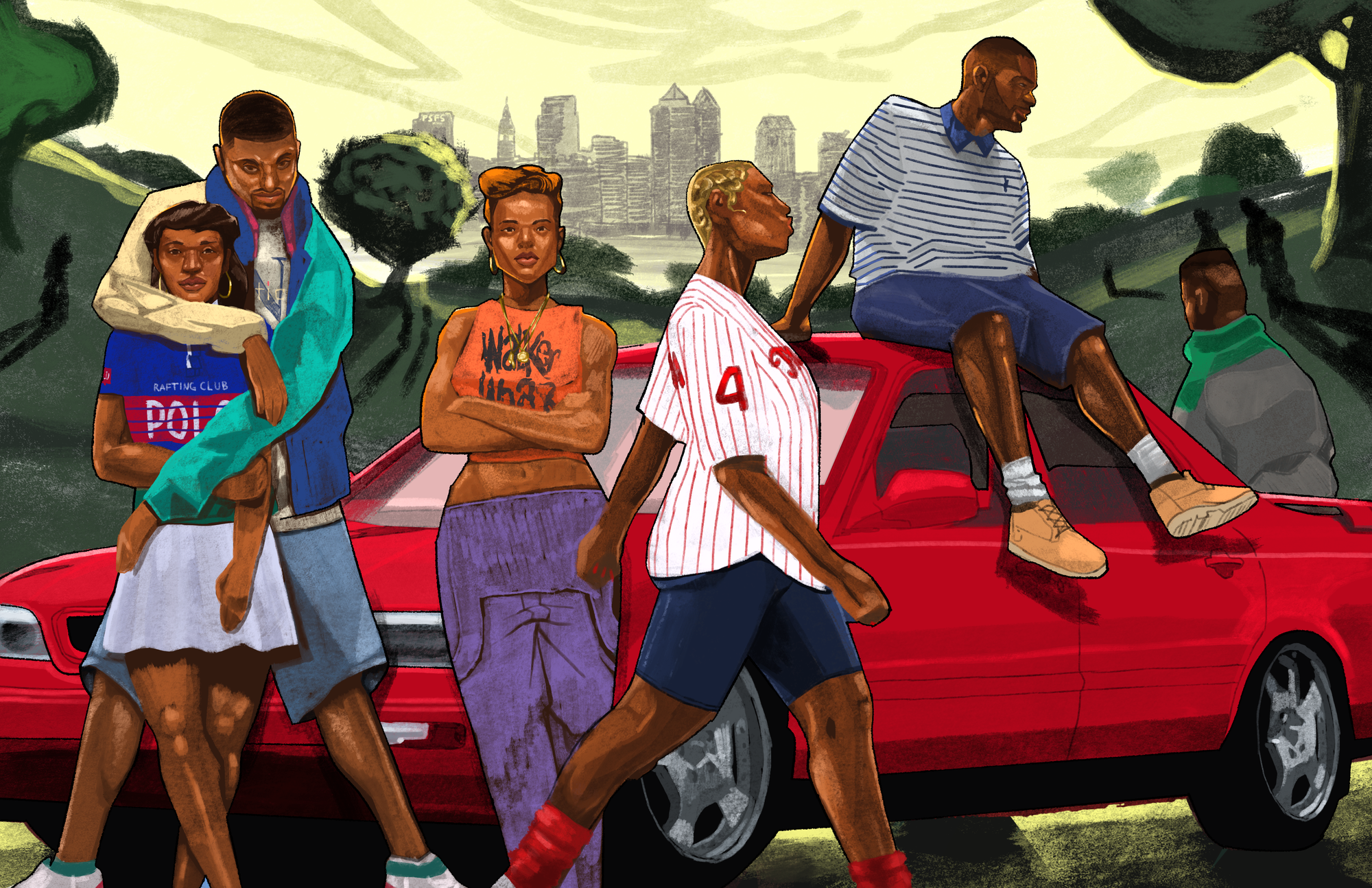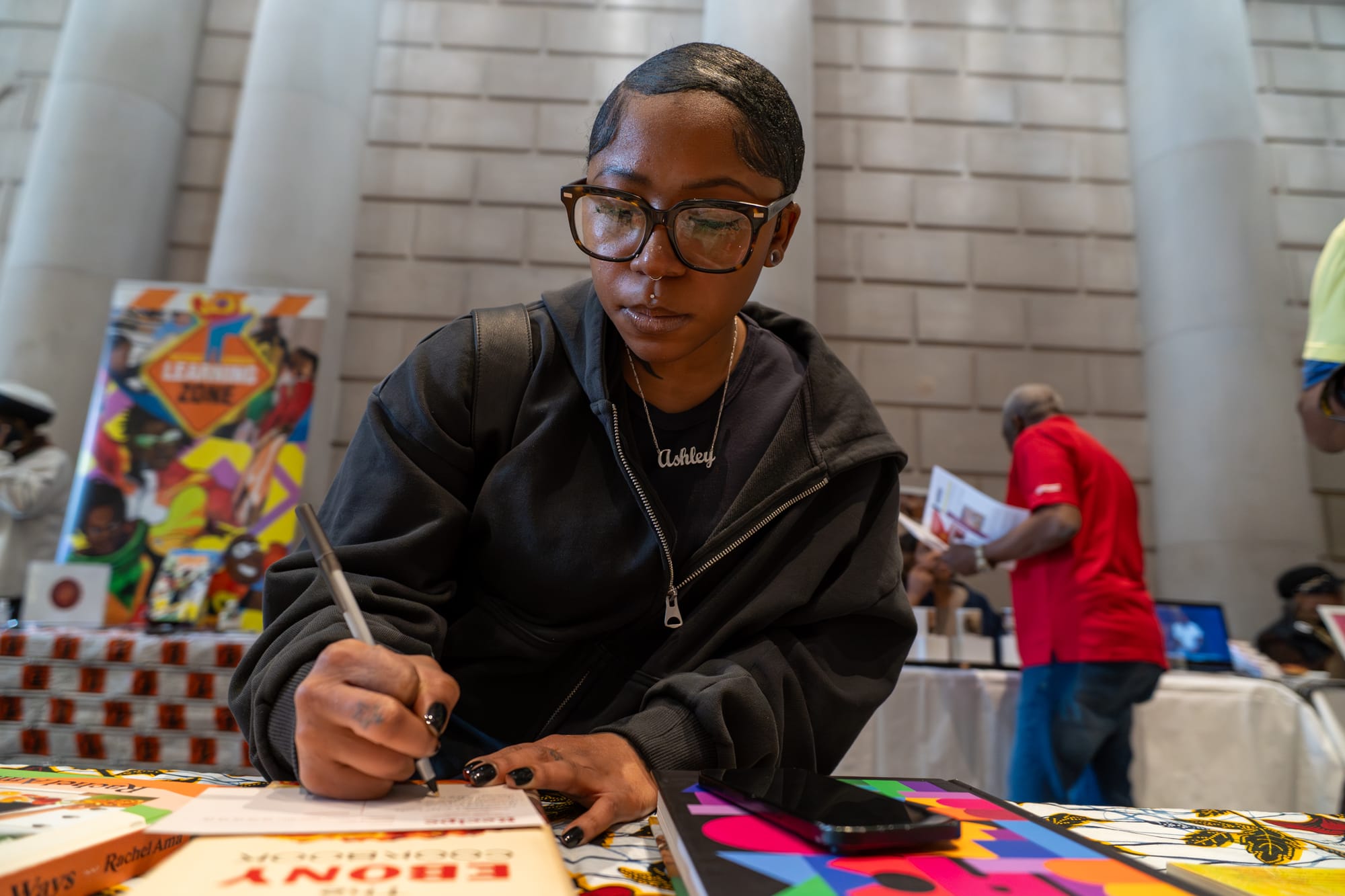"I Got A Lot To Be Mad About”: How The Angry Black Woman Stereotype Silences and Kills
The “angry Black woman” stereotype is a racist, misogynistic stereotype. This remnant from the state sponsored human trafficking campaign known as enslavement had only one purpose; to reduce the humanity and agency of Black women.
Dear Black Woman, you are allowed to be angry. To anyone else reading this, it may sound like a ridiculous statement to make. But we as Black women know why that statement has to be made.
The “angry Black woman” stereotype is a racist, misogynistic stereotype. This remnant from the state sponsored human trafficking campaign known as enslavement had only one purpose; to reduce the humanity and agency of Black women. It’s easier to dismiss the cries and screams of a horrified Black mother as human traffickers sold off her children from her very arms if you reduce those very human reactions to just a default of her nature. It’s easy to dismiss the rage of Black women who are, as Fannie Lou Hamer said “Sick and tired of being sick and tired,” when you demonize that very rage rather than address the things she is rageful about.
Called the “Sapphire Caricature” by historians, the imagery of Black women is sassy, rude, loud, aggressive, emotional, and emasculating. While this stereotype emerged in the 1800s, its effects ripple through today. The stereotyping of Black Women’s anger has reduced Black women who’ve displayed even minor discomfort into caricatures. Serena Williams was ridiculed when standing up for herself when accused of cheating. Michelle Obama was caricaturized as a rifle toting, camouflage wearing terrorist.
Black girls are too often chastized for “having an attitude”. Black women are too often tone policed at work. This stereotype puts Black women and girls under an unnecessary and often harmful microscope of scrutiny that has devastating consequences on Black women’s mental and physical health. Bottling up the anger we as Black women are justified in feeling, as we have been conditioned and socialized to do can and does literally kill us. It causes untold damage to our mental health as our symptoms for conditions such as depression manifest themselves differently than other groups. Too often those symptoms, such as irritability, are dismissed under the angry Black woman stereotype rather than a sign of depression, as a study from Nursing Research suggests.
A Stanford study conducted in February of this year confirms the detrimental effects of unexpressed anger. The study concludes that women are more prone to autoimmune diseases, such as multiple sclerosis, fibromyalgia, or rheumatoid arthritis due to a molecule created by our X chromosomes. This molecule can misfire and generate antibodies that attack a woman’s own tissues. These results in conjunction with a 2018 study links these autoimmune diseases to stress “significantly.” Not only are people who are more stressed more likely to develop autoimmune diseases, it is possible that they could develop multiple autoimmune diseases.
Meanwhile, Black women in this nation have every right to be angry. Black women right now stand as the fastest growing demographic of entrepreneurs yet of all of the Fortune 500 companies, only two are led by Black Women. Black women are the most educated demographic in the United States and yet are constantly questioned if we are indeed qualified for any job. Black women still experience the gender and racial pay gap, earning 75 cents for every dollar her White male counterpart earns for the same level of expertise and to do the same job. Black women are on the end of almost every disparity and still show up for their families, for their neighborhoods, for their communities, and often for others, ready to fight for fair treatment, equality, and justice.
Like Solange said, “I got a lot to be mad about.”
So go on sis, feel what you feel, for your own health and humanity’s sake. There are ways to express and release that anger in healthy, safe ways. Here are just a few outlets that help with anger:
Get a good therapist: Talk it out, and talk it out with a licensed mental health professional who also possesses the cultural competency to help you feel safe and heard. Therapy for Black Girls is an incredible resource to help with just that.
A good group chat: Nothing like getting in the chat and unloading with a group of folks you know got you. Whether it's the group chat linking up in person or kiki-ing on the phone or Zoom, round up your support group. They are invaluable.
It sounds corny, but journaling: We don't have to hold all of that anger within us. Journaling is a safe way to release all of our feelings if we're not really ready to discuss them or don’t have access to people we are comfortable talking to. Whether you're leaving voice notes in your notes app or going old school with paper and pen, take those feelings to a trusted space.
Exercise or Exertion: Once on a particularly rough day, my husband took me out to throw axes. The sheer release of chucking axes (and getting a few bullseyes) really helped reduce my stress levels. Whether it's going for a run, throwing punches in boxing, dancing, or the random ax throwing session, whatever you have to do to move your body to release that anger and stress is worth doing.
Get Active: This one is for the socially minded folks. Find a cause that will turn your anger into fuel for the causes you care about.
Sis, you have every right to feel what you feel. Go ahead on and feel it, address it and navigate it without apology.




